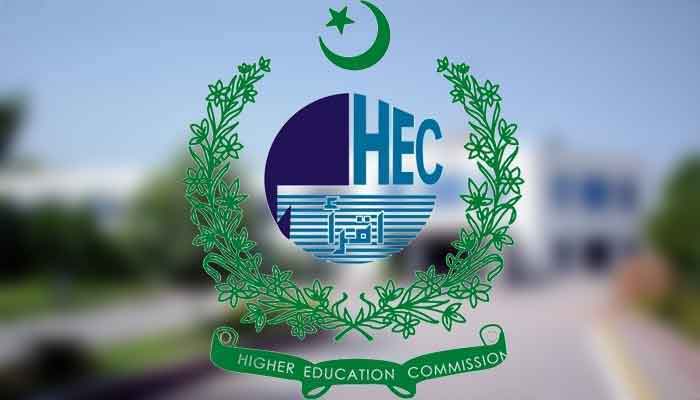Tax Revenue, Development Spending and Economic Growth: A Case Study of Pakistan
Keywords:
Tax Revenue, development spending, ARDL, Growth, PakistanAbstract
The main objective of our study is to investigate the impact of tax revenue and development spending on economic growth of Pakistan for estimation, annual time series data from 1972 to 2015 is used. Auto Regressive Distributed Lag (ARDL) bounds testing approach for co-integration is applied. The results show that development expenditures and tax revenue have significant and positive impact on economic growth. Based on the findings, the study recommends that government development expenditure and tax revenues should be increase, in order to stimulate activities in the economic sectors of Pakistan. Government should pay attention to enhance development expenditures for better growth as well as formulate the specific policies that attracts the investors. Pakistan should restructure its tax system like consistency in implementation, elimination of corruption in tax management, control on tax evasion and proper distribution of tax revenues for economic growth in the country.
Downloads
Published
How to Cite
Issue
Section
License
Copyright (c) 2021 Journal of Contemporary Macroeconomic Issues

This work is licensed under a Creative Commons Attribution-ShareAlike 4.0 International License.







